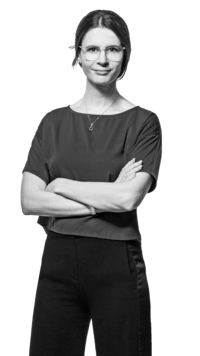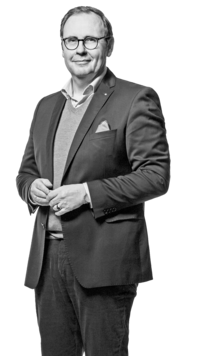The "Re-Building Europe" initiative concludes its 2023 journey in the economic hub of Europe – London – under this year's theme, Urban Density and the Vertical City.
On November 28, the day began with three parallel tours of Citigen by E.ON, Cargo25 North Colonnade by Gensler and the Heron Tower by Schindler, providing a perfect illustration of British infrastructure, architecture, and innovative implementation concepts.
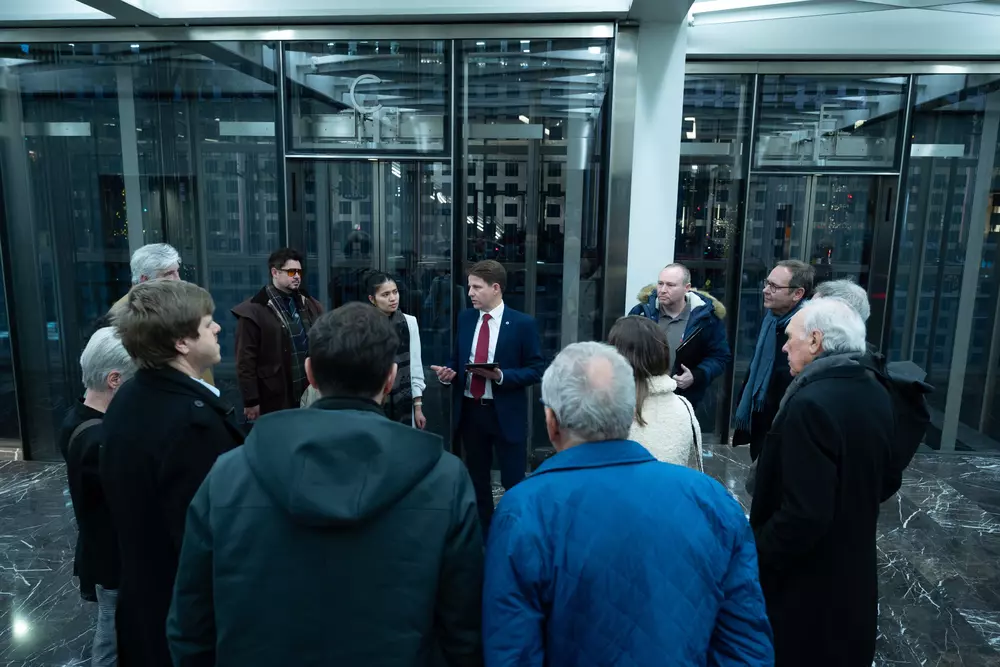
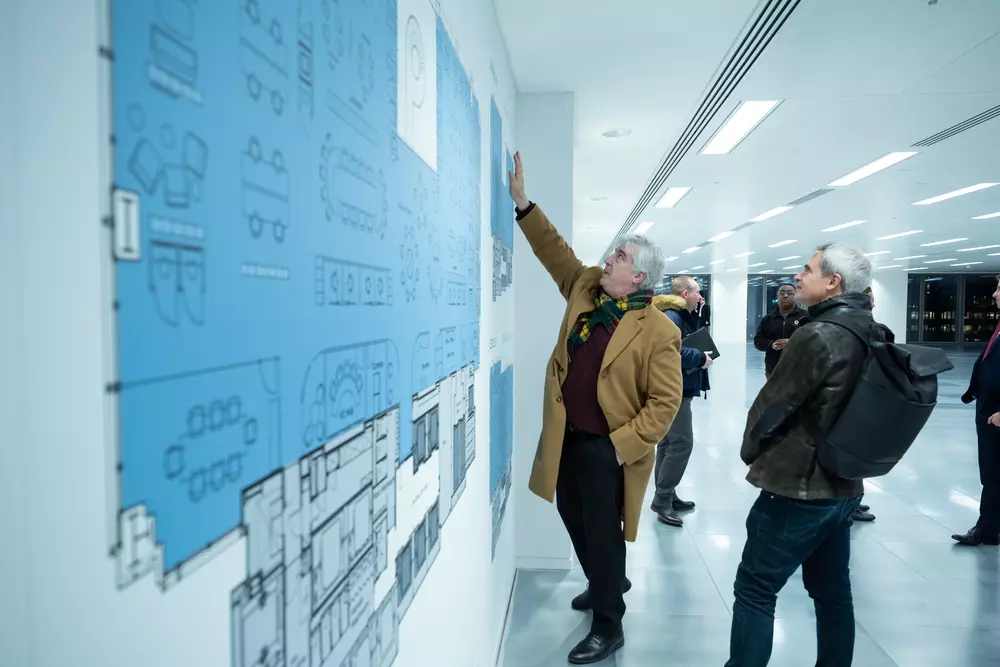

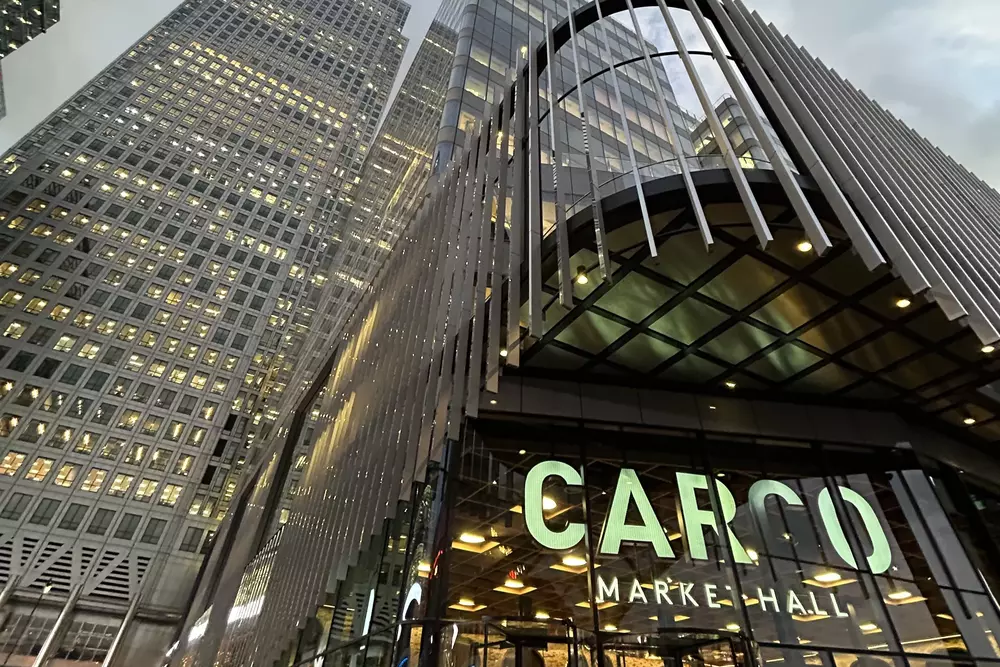
The subsequent programme in the 150 Holborn the headquarter of the venue hosts, DAR Group, started with a tour and a presentation about the headquarter building by Richard Finnemore, the Managing Director of the company. Shortly after we heard an Impulse from Florian Trösch, who focused on the repurposing of buildings. This was followed by a panel on the UK's Building Sector in the context of “Urban Density and Verticality”, featuring Max Farrell from LDN Collective, Peter Jackson from SOM and Antony Meanwell from E.ON.

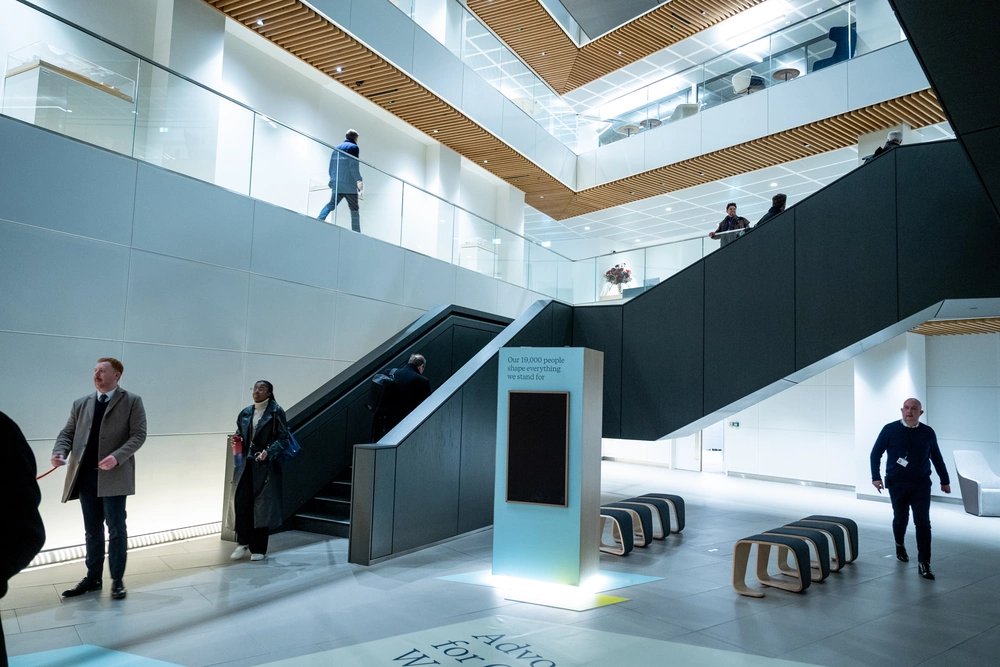
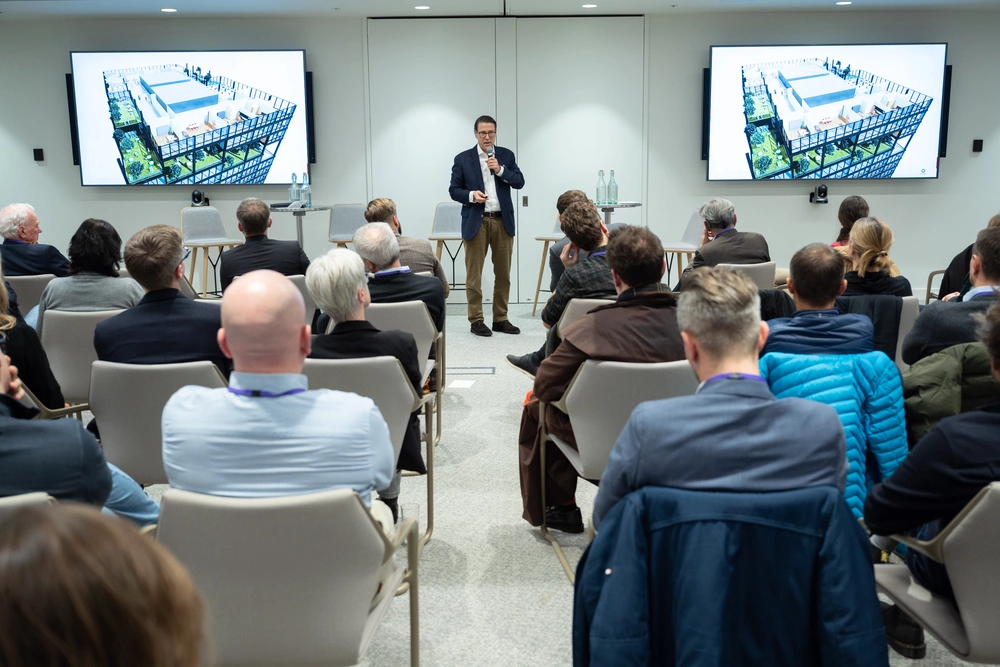
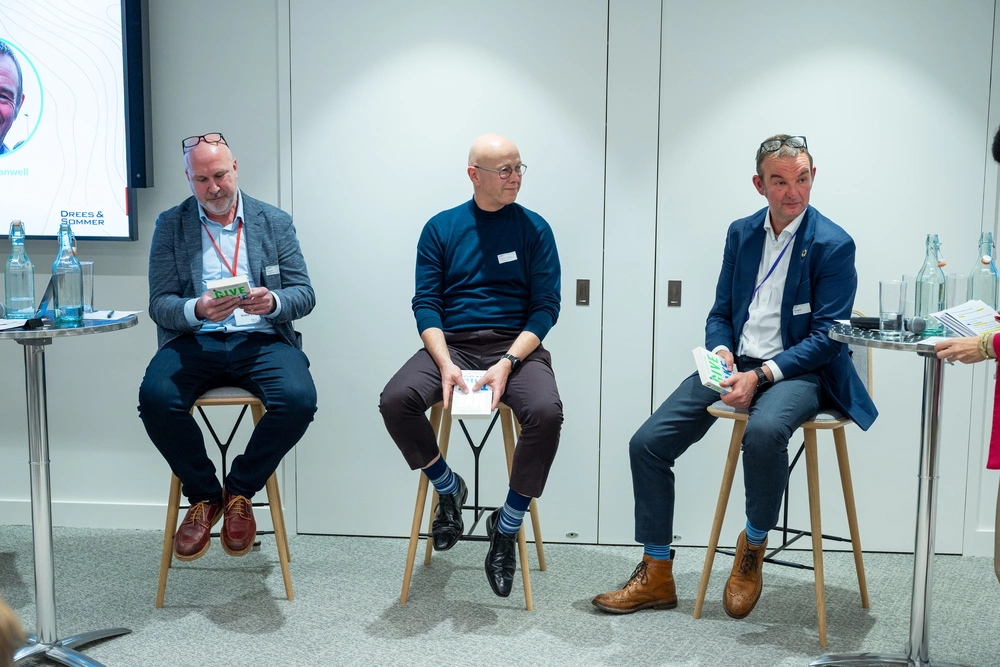
The evening concluded with a networking opportunity and catering provided for attendees to exchange and connect.
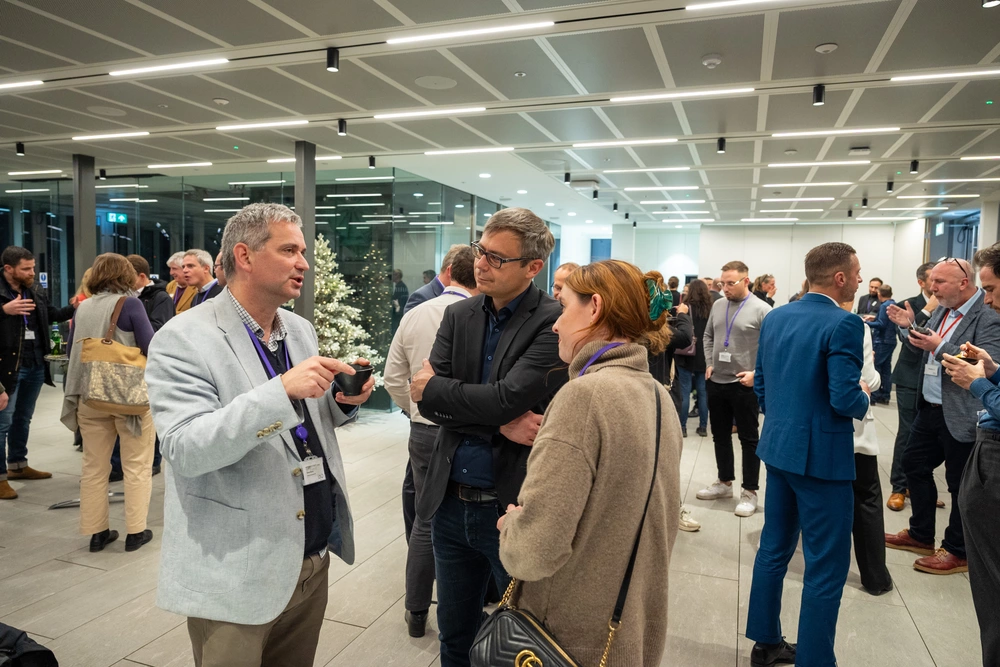
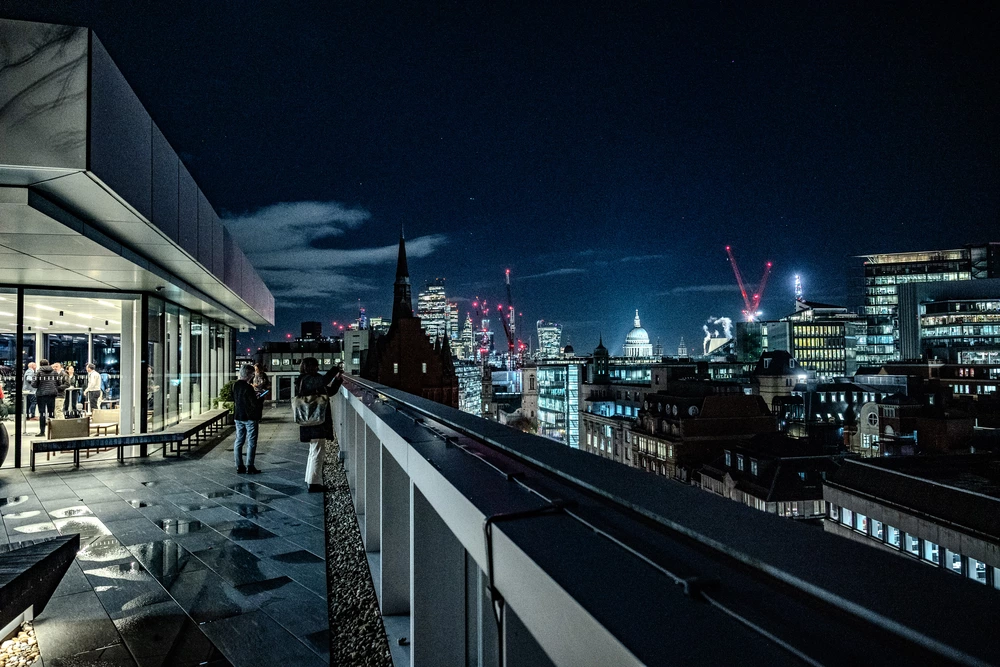
After the welcome at Gensler's headquarters together with Duncan Swinhoe, Managing Principal at Gensler, the key takeaways from all previous stops where summarized jointly together with Alexandra Podvin from BauMont Real Estate, Radosław Sieroń from Mermaid Capital, Dr. Haris Piplas from Drees & Sommer,Łukasz Platkowski from Gensler, Vincent Taapken from New Industry Development and Henrik Morgen from Bable Smart Cities, all of whom significantly contributed to the initiative’s success throughout the year.
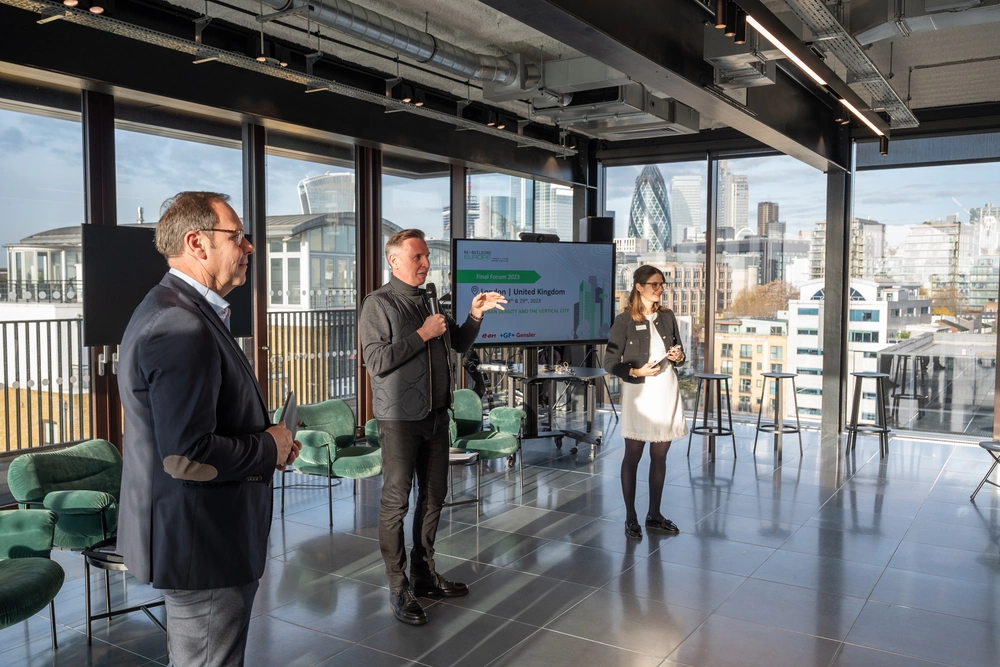

Following these insights, Catherine Barber, Assistant Director of Environment and Energy at the Greater London Authority presented an impulse on urban city concepts in London.
In the subsequent panel discussion, "Urban Density & the Vertical City", Ruth Schagemann from the Architects' Council of Europe, Florian Trösch from Schindler, Kevin Flanagan an expert, Borut Cink from the New European Bauhaus and Anna Schindler from the City of Zurich addressed densification and vertical development methodologies and collectively elaborated implementable approaches for the European level.
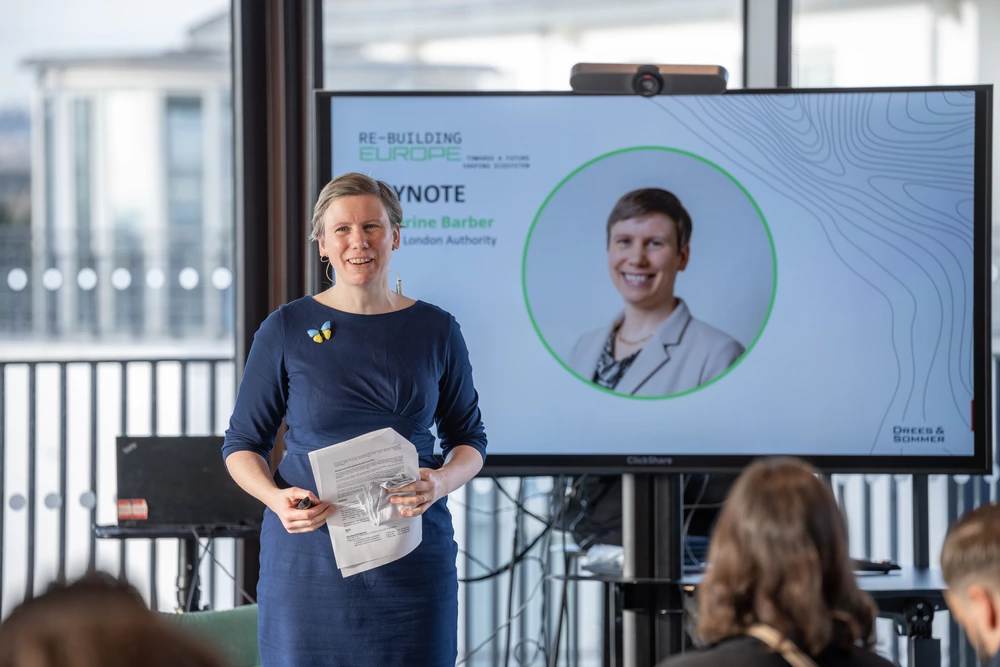
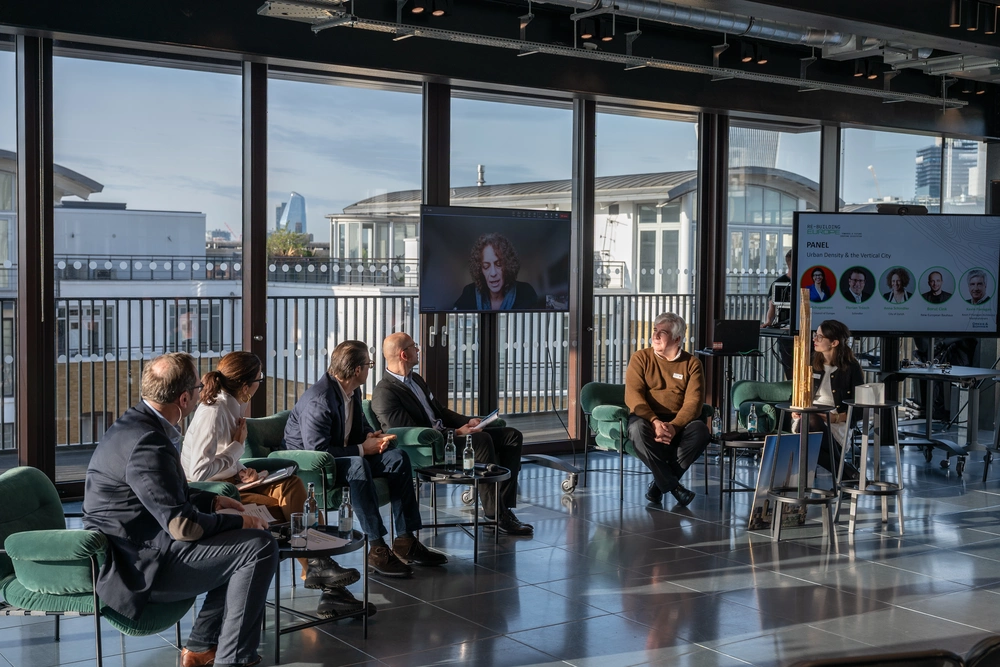
After the lunch break, Shravan Joshi, Chairman of the City of London's Planning and Transport Committee, gave a keynote speech on London's urban layout and future conceptual master planning strategies.
Shortly after we witnessed two impulses and Jamie Wylie from the World Economic Forum where he presented the challenges we face when it comes to EV charging and mobility. While explaining the main issues like the financial aspects, lack in decision making and limited resources he elaborated solutions like clear strategies coming from the cities, grid connections and upgrades and joint ventures which bring commitment from the public and private sector.
Our second impulse speaker, Richard Harrison from Gensler presented us the necessity of recycling, refurbishment and reusing of already existing buildings especially when it comes to the aspect of sustainability. In the following he stated that it could be achieved through living-, education-, nature sections and many more ideas for modernity.
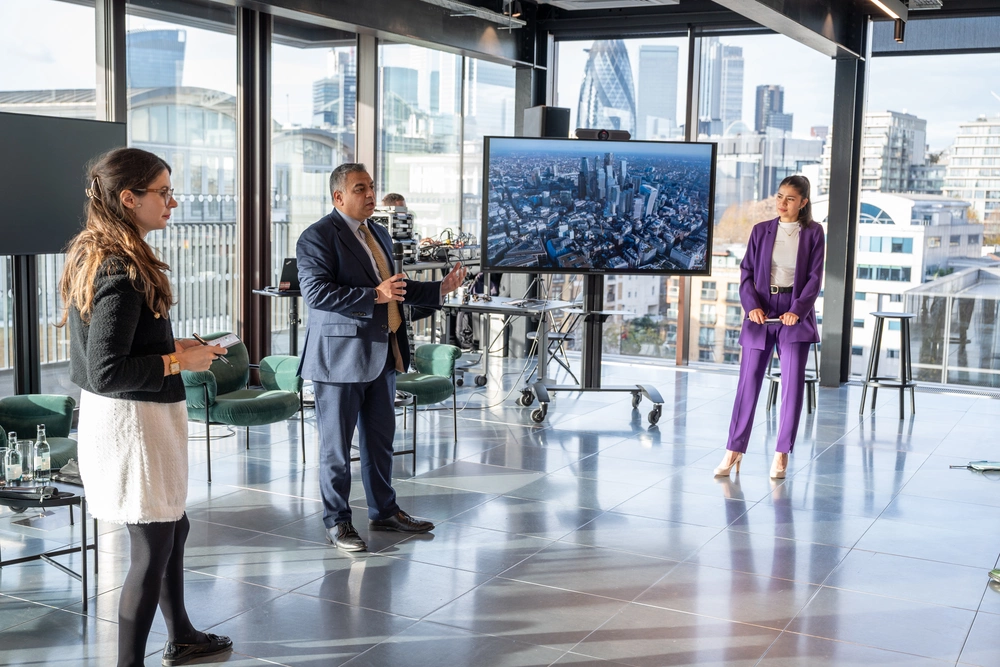
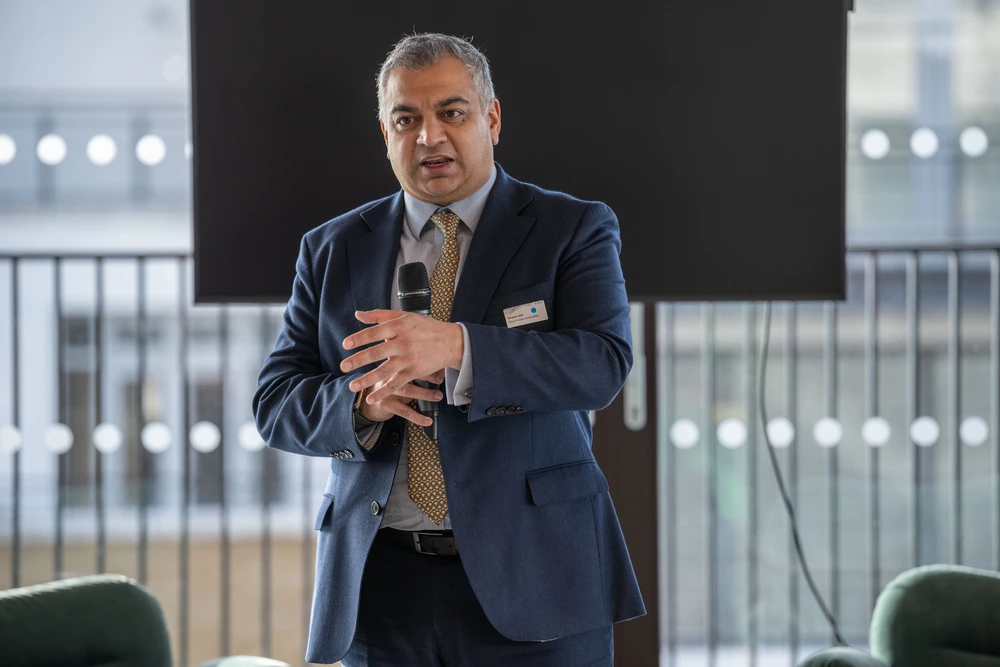
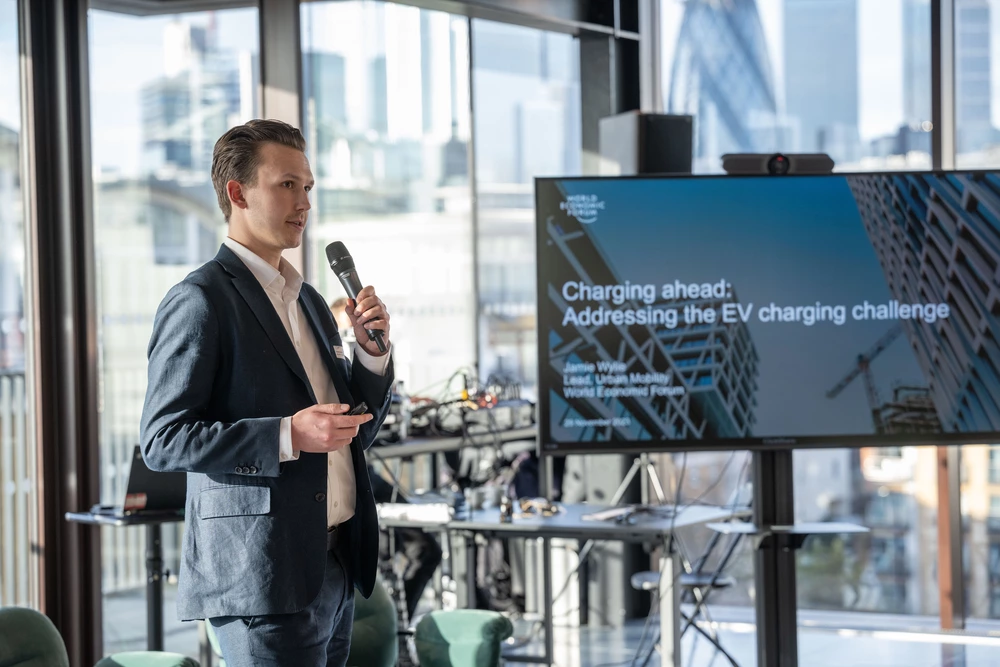
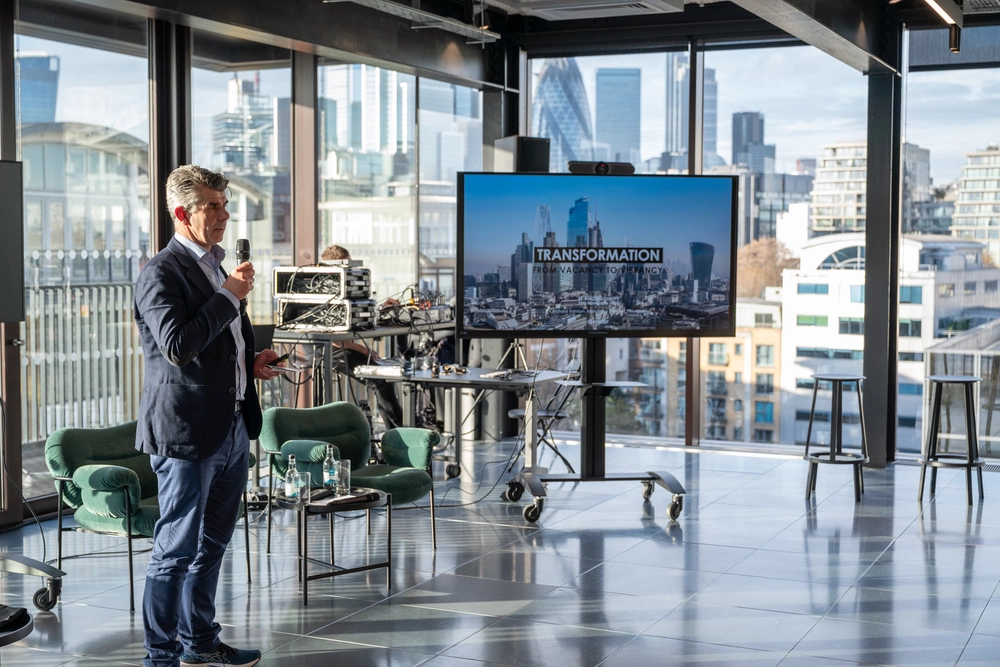
Next, four parallel deep dive discussions explore topics closely intertwined with the concept of dynamic urbanisation. The topic of “Urban Mobility & Digitalisation” is developed together with Florian Trösch, Schindler & Henrik Morgen, Bable Smart Cities. Under the leadership of Matthias Hollwich from HWKN, the topic of “Innovation & Artificial intelligence” in the urban fabric is examined. Jan Silberberger from Drees & Sommer and Olivier Vassart from ArcelorMittal accompany the topic of “Circularity & Sustainability”. Valeria Segovia from Gensler and Jonathon Atkinson from Georg Fischer jointly examine “Reuse vs. New Build” concepts.

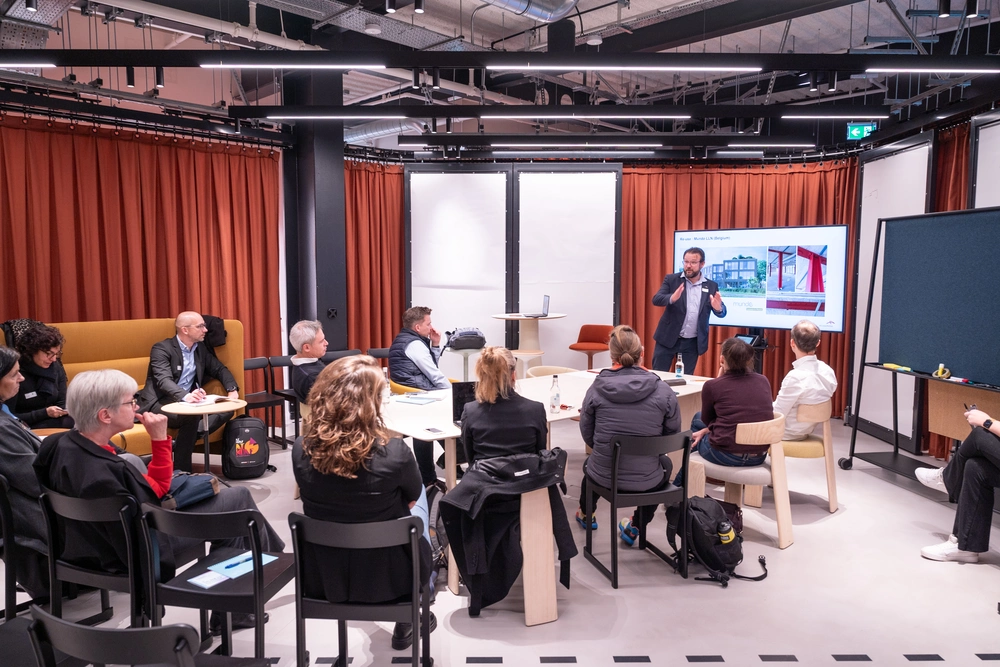


Following the deep dives, the panel discussion "What’s Neext? - Cities of the Future" featured insights into urban development expectations and solution methodologies for the coming years. The panel featured Pärtel-Peeter Pere from the Parliament of Tallinn, Mariya Tsvetkova from Urban Partners, Stacy Van Dolah-Evans from Schneider Electric, Stefanie Lütteke from Drees & Sommer and Dr. Matthew Hardy from The Prince’s Foundation.
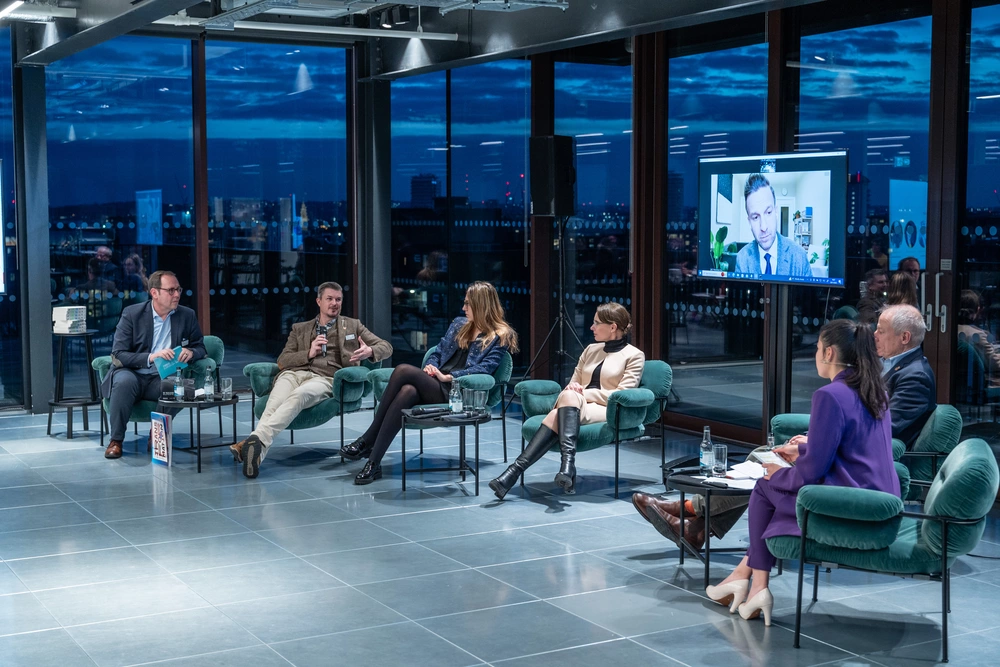
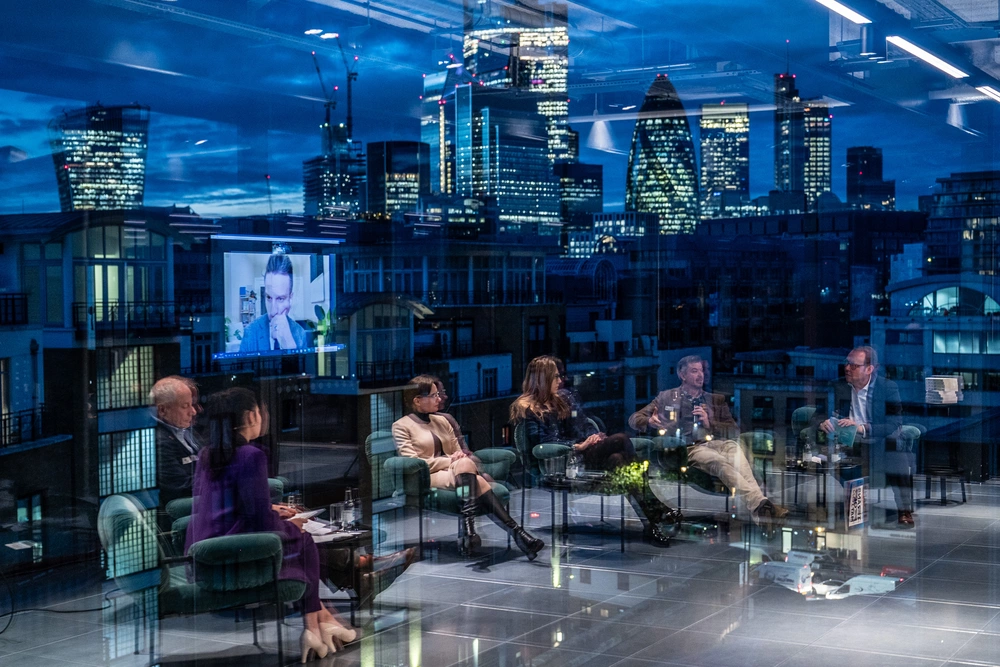
Our key findings:
?️ The UK building sector is asking for a consistency in national and international regulations in order to retrofit current monofunctional stock | ?️ Due to the lack of availability of several building materials, we need incentives for the reuse of the materials of existing building |
?️The Greater London Authority showcased the success of such consistency by remaining attractive for investors while reaching net-zero by 2030 | ?️ The responsibility of green transformation is on us and can not only depend on governments, but rather need leadership, affordable housing, cultural and human centric design as well as adaptive planning |
?️ A.I. will change the planning of buildings and neighbourhoods. However Architects should not be afraid to be replaced by A.I. Instead, architects can leverage AI to enhance their efficiency. | ?️The City of London promotes green economic growth which creates space as the workforce in London is rising. Therefore, Infrastructure is key to liveability and vibration of districts like canary wharf while cooperations with the financial sector is required to bring back nature |
?️ We are living in struggling real estate times and to evolve our cities we need innovation that creates new business cases, keep future generations in mind and create convenient solutions move masses. Keeping in mind to do one step at a time! | ?️ Sustainable mobility transition requires deep and multiple shift in human behaviour. More mixed-use buildings in cities have an impact on the seamless mobility – horizontal and vertical. |
Looking forward to the next year the European Talk, as part of the neext brand, will engage in further interesting dialogues of the new topic “Urban Retrofit and the Healthy City”, connect network partners, and develop potentials for more sustainable cities. Based on the insights gained from the 2023 workshops, it can be summarized that collaboration is essential in addressing the challenges of our time, paving the way for true added value.


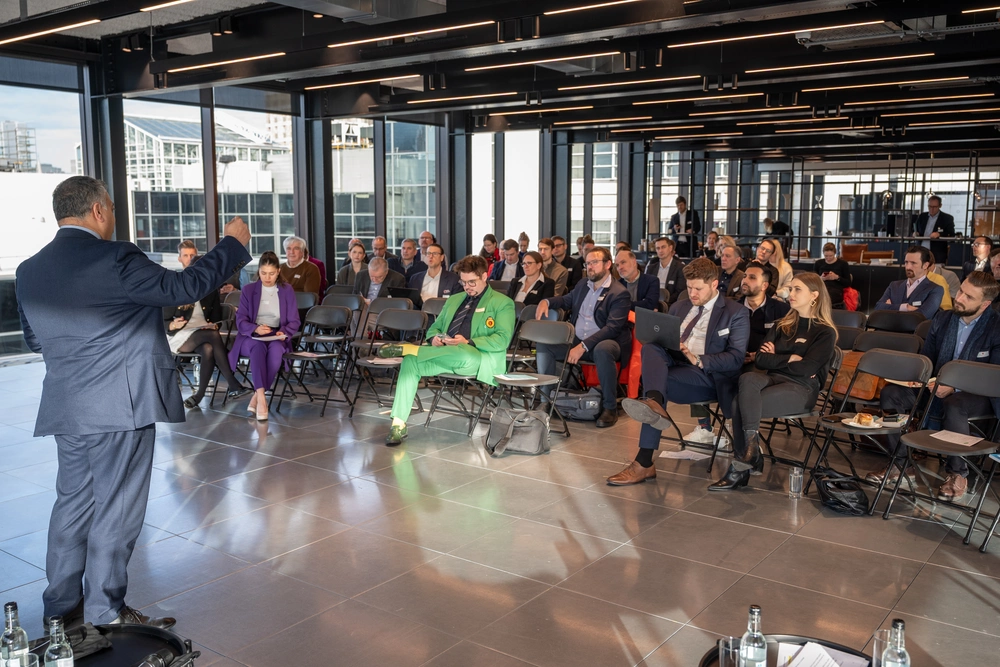

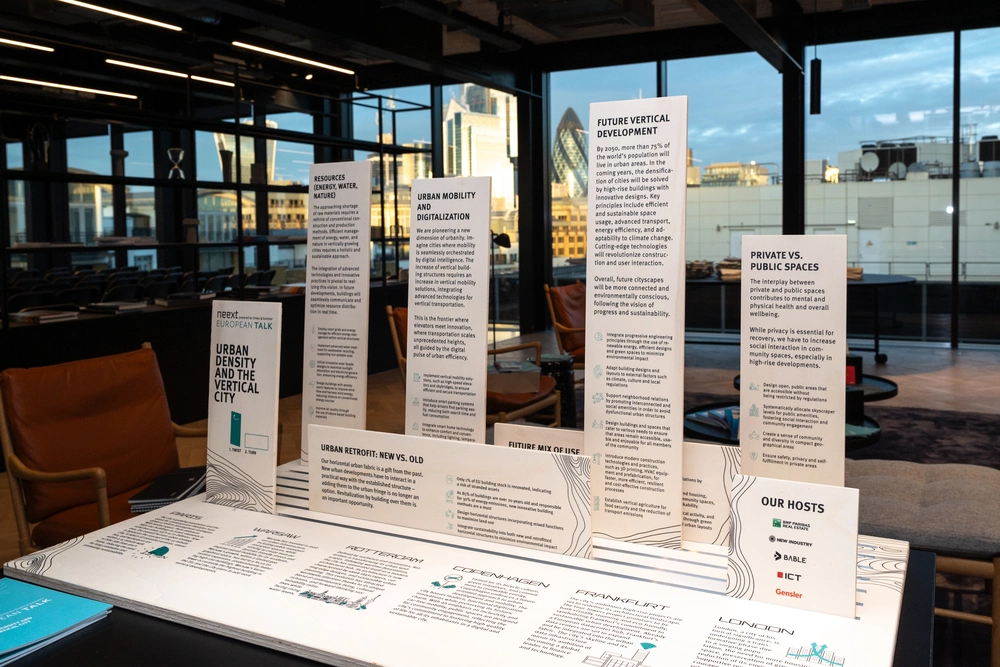


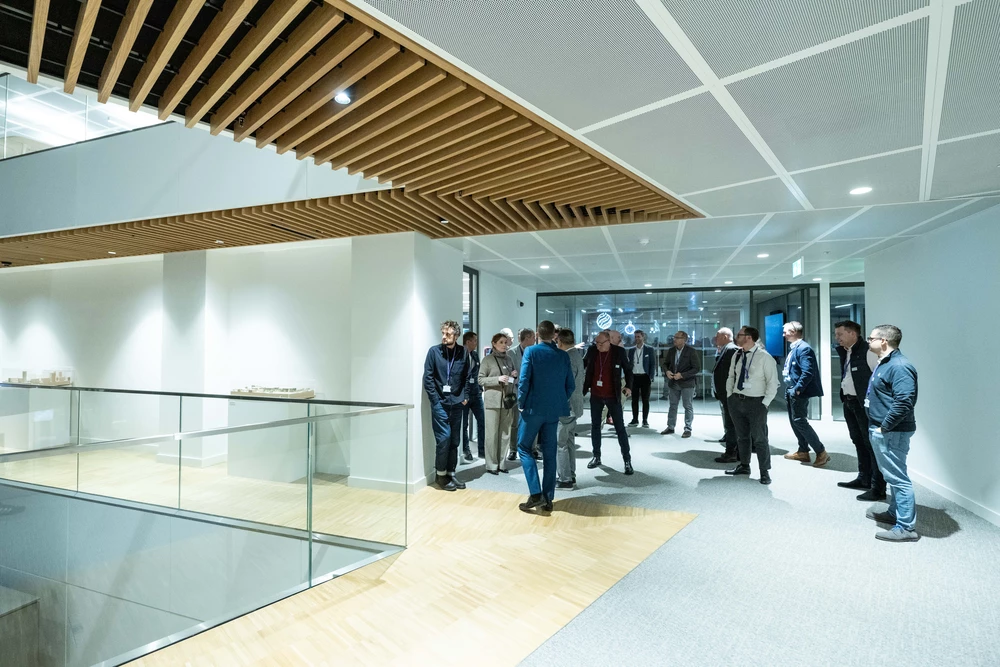
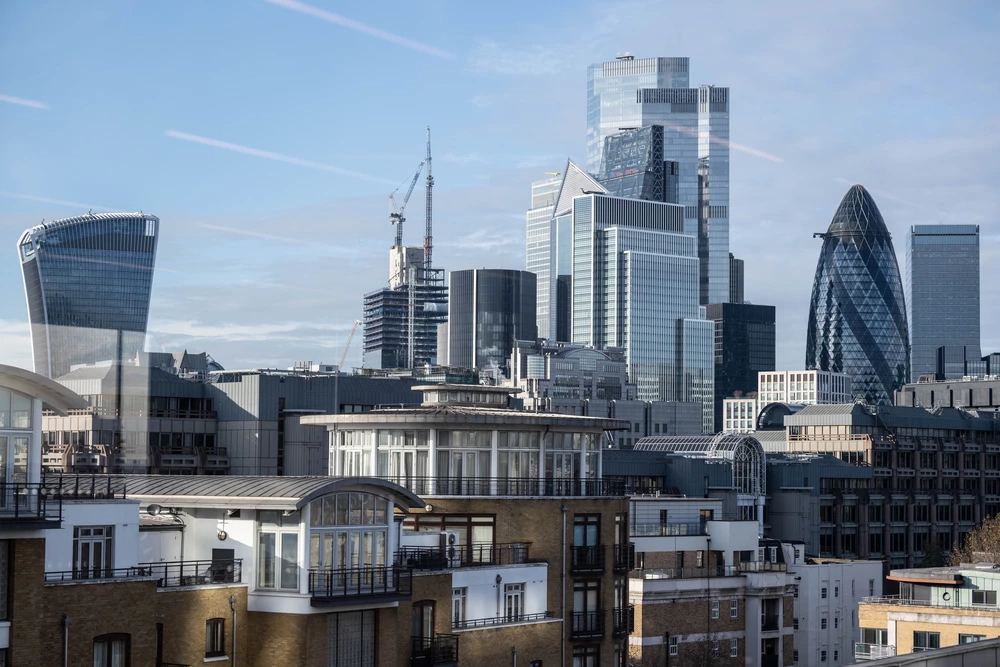
GET In TOUCH
